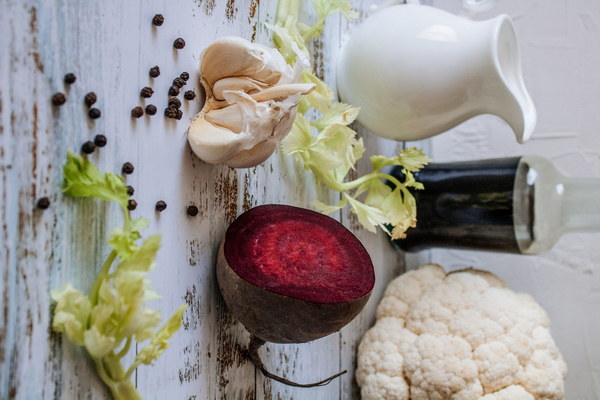Replenishing Qi and Blood for Post-Hospitalization Recovery
Recovering from a hospital stay can be a challenging process for many patients. After battling an illness or undergoing surgery, the body often requires additional support to regain its strength and vitality. One of the most crucial aspects of post-hospitalization recovery is replenishing Qi and Blood. In traditional Chinese medicine (TCM), Qi (vital energy) and Blood are considered the foundation of a person's health. This article will explore the importance of replenishing Qi and Blood for patients post-hospitalization and provide practical tips for achieving a full recovery.
The Importance of Qi and Blood in TCM
In TCM, Qi is the vital energy that animates the body and maintains its balance. It is responsible for various physiological functions, including respiration, circulation, digestion, and immunity. Blood, on the other hand, nourishes the body's tissues, organs, and cells, providing them with essential nutrients and oxygen. Together, Qi and Blood work to maintain the body's overall health and well-being.
During a hospital stay, the body's Qi and Blood may become depleted due to various factors, such as illness, surgery, or prolonged hospitalization. As a result, patients often experience weakness, fatigue, and a general sense of malaise. Replenishing Qi and Blood is essential to restore the body's energy and support the healing process.
Practical Tips for Replenishing Qi and Blood Post-Hospitalization
1. Diet: A balanced and nutrient-rich diet can significantly contribute to replenishing Qi and Blood. Patients should focus on incorporating the following foods into their diet:
- Iron-rich foods: Lean meats, fish, beans, lentils, and green leafy vegetables can help increase blood levels.
- Vitamin C: Citrus fruits, berries, and bell peppers can enhance iron absorption.

- Vitamin B12: Fortified cereals, eggs, and dairy products can support red blood cell production.
- Folic acid: Leafy greens, beans, and lentils can help maintain healthy blood cells.
- Protein: Lean proteins like chicken, turkey, and tofu can aid in tissue repair.
2. Exercise: Gentle exercise can help improve circulation, boost Qi, and enhance overall recovery. Patients should consult with their healthcare provider before starting any exercise regimen, but low-impact activities such as walking, tai chi, or yoga can be beneficial.
3. Acupuncture: Acupuncture is a traditional Chinese medicine practice that involves inserting fine needles into specific points on the body. This technique is believed to help balance Qi and Blood, thereby promoting healing and recovery.
4. Herbs and Supplements: Certain herbs and supplements may help replenish Qi and Blood. Consult with a healthcare provider or a TCM practitioner before starting any new supplement regimen.
5. Stress Management: Stress can negatively impact the body's ability to recover. Patients should find healthy ways to manage stress, such as meditation, deep breathing exercises, or spending time in nature.
6. Adequate Sleep: Rest is crucial for healing. Patients should aim for 7-9 hours of quality sleep each night to support the body's recovery process.
Conclusion
Replenishing Qi and Blood is an essential aspect of post-hospitalization recovery. By following these practical tips and working closely with healthcare providers, patients can improve their chances of a full and healthy recovery. Remember that patience and persistence are key, as the body takes time to heal. With proper care and attention, patients can regain their strength and vitality, leading to a better quality of life.









